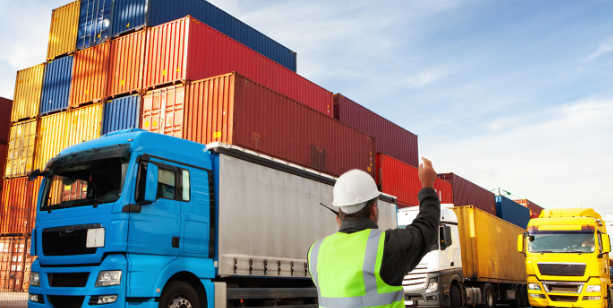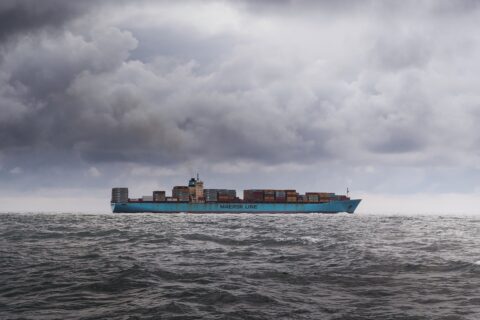Both freight forwarders and non-vessel operating common carriers (NVOCCs) are third-party service providers that help businesses move goods. While there are some limitations to using both of these companies, depending on your needs. One major difference is the level of visibility you have into the process. If you’re using an NVOCC then you will likely only get a barebones overview of how your shipment was processed, from origin to destination. With a freight forwarder, you have more control over the details of your shipment and transport process including who has access to it, when they can access it and where they go once they’re delivered. This means that while a Freight Forwarder doesn’t necessarily guarantee higher security or confidentiality with their services compared to an NVOCC, it might be worth looking into if you need greater control over sensitive details along the shipping process.

What is a Freight Forwarder?
A freight forwarder is essentially a shipping agent that takes care of all the details involved in moving your goods from origin to destination. They will likely handle quite a few shipments both domestically and internationally throughout the year, meaning that they have great connections to both carriers and customs authorities around the world. This means they will be able to get you the best rates and service available. They are 100% focused on shipping the goods to the customers and collecting their commission. So you can expect that they provide you with the same service which is why you see so many of them using the same carriers and handling the same routes. They are not responsible for the security of your goods, so you should contact any third-party carriers that work with a Freight Forwarder to ensure that your shipment is as safe as possible.
What is a NVOCC?
A Non-Vessel Operating Common Carrier (NVOCC) performs the functions of an ocean carrier but does not operate the ships. Instead, an NVOCC buys space from carriers and sells this space to shippers.
Differences Between Freight Forwarders and NVOCCs
Visibility:
While both freight forwarders and NVOCCs will often provide a barebones overview of the shipping process, a freight forwarder gives you a lot more visibility into how your shipment was processed. You will be able to see who has access to your shipment, when they can access it, and where it goes once it’s delivered.
Costs:
The cost difference between using a freight forwarder or an NVOCC is often not dramatic. The major difference between the two is how a freight forwarder (and therefore you as the shipper) is connected to the process. A freight forwarder will likely handle your shipment with a variety of carriers, and you may need to work with a freight forwarder to ensure that they get your shipment to its destination. On the other hand, an NVOCC is often only responsible for the cost of the fuel, regardless of the number of shipments they handle.
Third-party Risk:
A freight forwarder has some control over the transportation process by choosing who has access to your shipment and where it goes. This means that you may have a higher level of risk compared to an NVOCC. For example, if you choose to have your shipment handled by a freight forwarder and they are involved in a wreck, you may be at risk of your items getting damaged.
Why Should You Use a Freight Forwarder?
Cost Savings:
Many companies will only choose to use a freight forwarder if they ship internationally, so that they can get the best rates and get their goods delivered around the world. This is because it’s so much easier for a freight forwarder to work world wide and negotiate the best rates for your shipment compared to an NVOCC.
Visibility:
A freight forwarder will likely handle your shipment with a variety of carriers and you may need to work with a freight forwarder to ensure that they get your shipment to its destination. This means that you will have better control over the details of your shipment and transport process.
Final Words
Shipping goods is a complicated task, especially if you’re sending something fragile or classified as sensitive information. For these reasons, it’s important to use a freight forwarder or an NVOCC for your shipping needs. Doing so will help you know where your goods are at all times, and it will also give you more control over the transportation process.
ProConnect Integrated Logistics – Your 3PL Partner
Wide reach, a vast network of agents, and years of industry experience – leave your shipping worries to ProConnect Integrated Logistics, a trusted freight forwarder in the region.
Be it large volumes of cargo, or just a few kilos; be it air, sea or road freight – businesses across the world have entrusted their freight shipping to us. Our expertise over the years has helped many businesses grow across boundaries. In addition to shipping, we also undertake custom clearance, import and export trade help that you may have along with offering you value-added services.
If you are looking for a partner to take care of all your logistics hassles, talk to us





 APP DOWNLOAD
APP DOWNLOAD